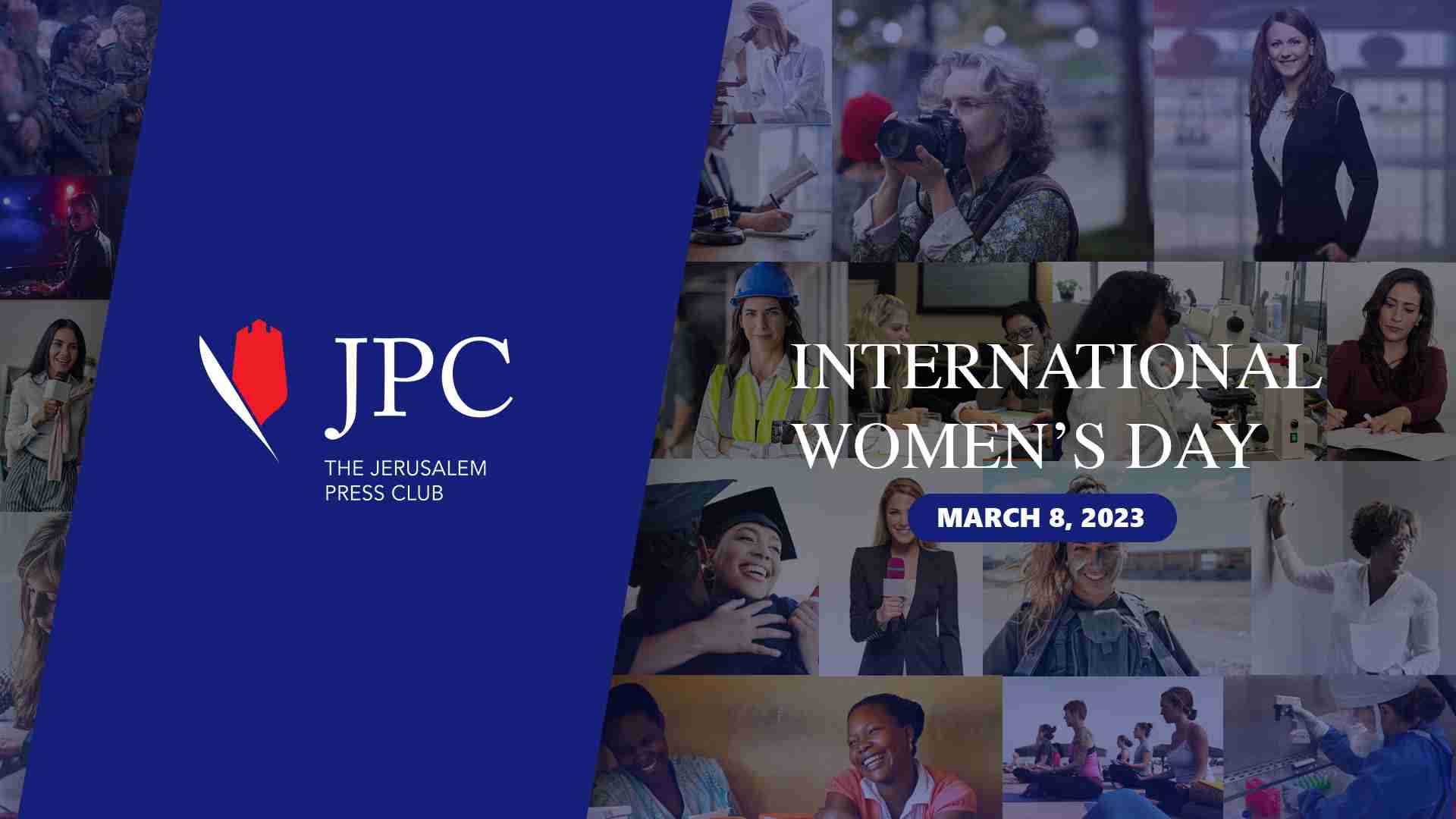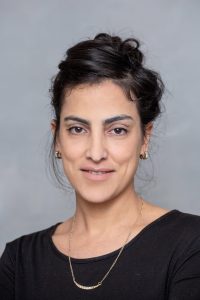

Naveh Dromi
Manager of the Middle East Forum in Israel, journalist and publicist, Yediot Aharonot and Channel 14
Photo: Avishag Shar Yeshuv
A lot has been said about the lack of women’s representation in this government. Do you think this criticism is correct and should gender equality outweigh political considerations of the parties?
The claim that the number of women nowadays in the government and in the coalition is low is true. There are less women now than at previous governments, and this is a result of a coalition that includes two Ultra-Orthodox parties, which have no women at all. It is possible that if an Ultra-Orthodox party for women would have run for parliament there would be more women in the government – but this is not the reality, as for now.
By the way, in the Knesset itself there are also fewer women than before. In relation to this, one must say that most of the criticism about lack of women’s representation in the government comes from the left side of the political map. This is despite the fact that the left-wingers didn’t vote in masses for Zehava Galon, who headed Meretz, and brought with her many women such as Michal Rosin. Most of the left voters didn’t go with Merav Michaeli either, and as a result, women such as Emilie Moatti and Ibtisam Mara’ana didn’t pass the threshold for entering the Knesset.
Therefore, the claim about the lack of women in the government, as if the right side of the political map is excluding women, cannot be objectively examined because those who bring it up didn’t go and vote for women – even though these women represent their beliefs and ideologies.
Minority issues at times intersect and we have seen this significantly in the recent protests to reforms the government plans to make. Do you think that this overlap strengthens the struggle for women’s rights or does it depreciate the issue?
Today in Israel there are already women who somewhat distance themselves from feminism, as it is presented currently, because it is more associated with the Left, and even the radical Left. Therefore, I think we are headed more and more towards the idea of individual feminism – each woman with her own way of defining herself and her feminism. At the same time, there’s this distancing from feminism as it perceived today, which again is more related to the extreme Left.
How has the role of women in the policy world (beyond political leadership – journalism, academia, defense etc.) in Israel evolved over the years, and what progress still needs to be made?
It is obvious that women had to face challenges that men didn’t need to confront, but in Judaism, women always enjoyed a central role – especially in the state of Israel, where women were an inseparable part of founding this state. They were pioneers just like men, and their value – in defending homes, the fields or the farms, was equal to men. In this sense, I think women here are indeed a light upon the nations.
Of course, there are still known problems, such as the salary gap or misogynous attitude towards women. These phenomena are slowly disappearing, and in Israel the place of women – in the public sphere, at least – was always better than their counterparts in the rest of the world.
Taking into consideration that a significant part of the population in Israel is conservative (both ultra-Orthodox, religious-Zionist, and much of the Arab sector), what can be done to educate the next generation about gender issues?
I don’t understand what is the significance of educating people about gender. I think that Israel enjoys a high degree of freedom and liberalism, even though many societies here are conservative – especially in the Jewish sector. This can be seen in social issues that are open to all: One of them, for instance, is the case of Sarit Hadad, a female singer who performs in front of many conservative, traditional Mizrachi audiences. No one is bothered by the fact that she is openly LGBT.
The Knesset’s Speaker, MK Amir Ohana, has a male partner. Despite the fact that everyone knows this for many years, ultra-Orthodox members of the Knesset speak with him, and a huge traditional and conservative population supports him and vote for him.
In my opinion, we should be cautious in Israel, and shouldn’t cross the line to progressive studies about “gender” – because even the word “gender” can be spoken about in length.
As I said before, the conservative community in Israel is characterized by real openness, and if one thinks it needs to be improved, [I believe] this is already being manifested by people including Amir Ohana and Sarit Hadad, who do so by being talented and valued people, who represent their communities without yelling all over the place about being part of the LGBT community.

